Launched by the UCL Urban Laboratory in 2008 this programme offers a highly distinctive interdisciplinary approach to the study of cities and urban life.


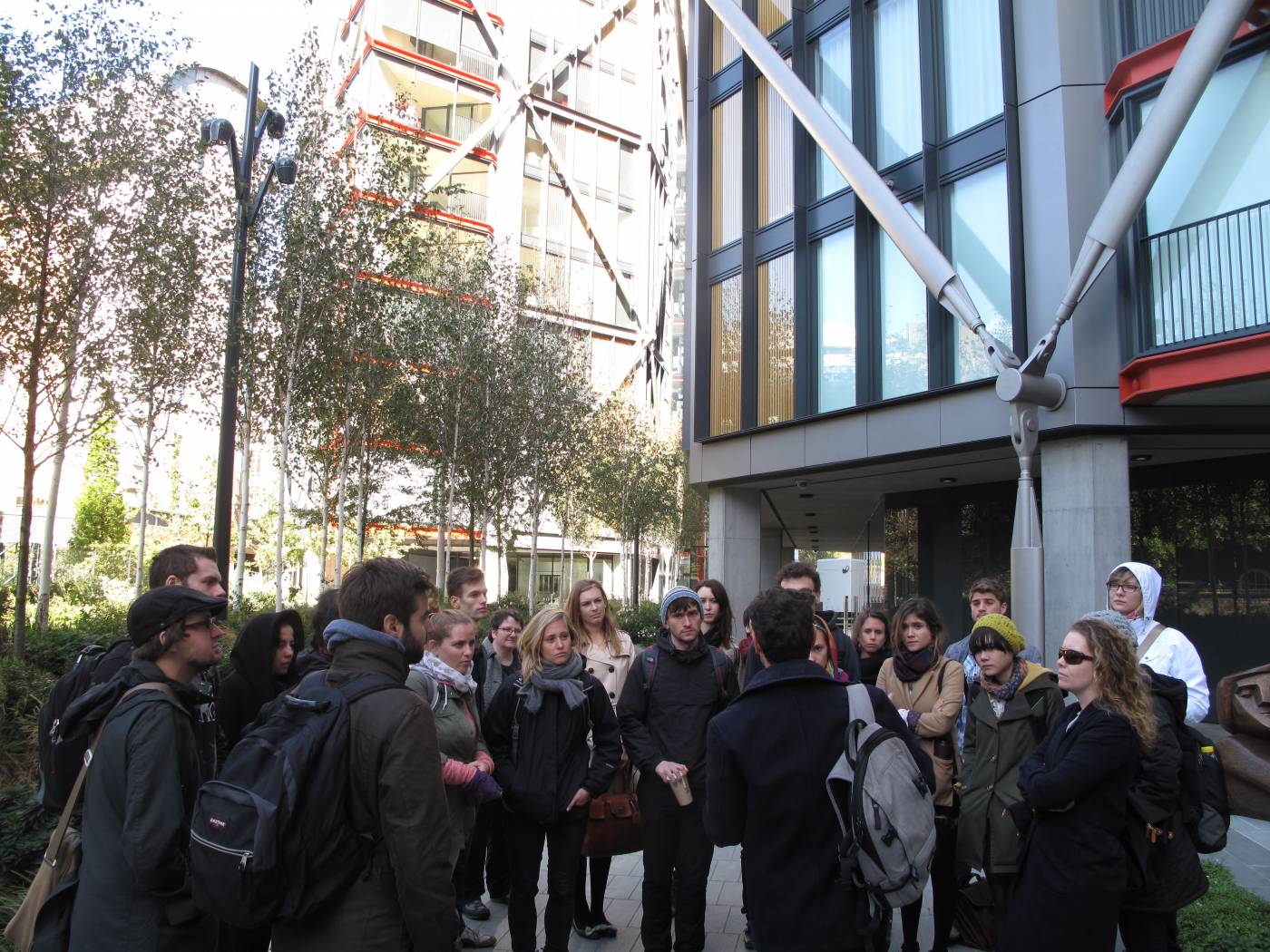

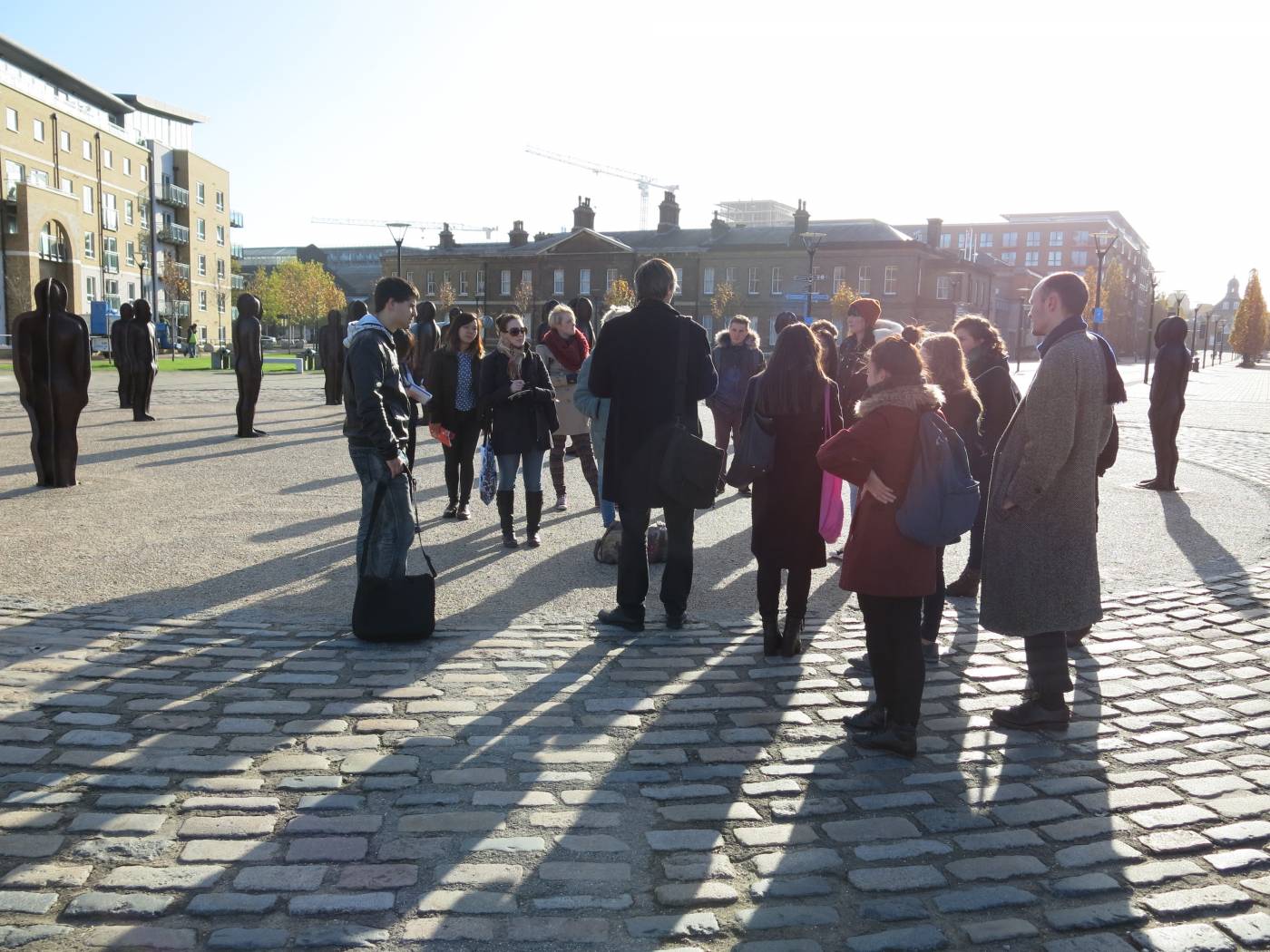
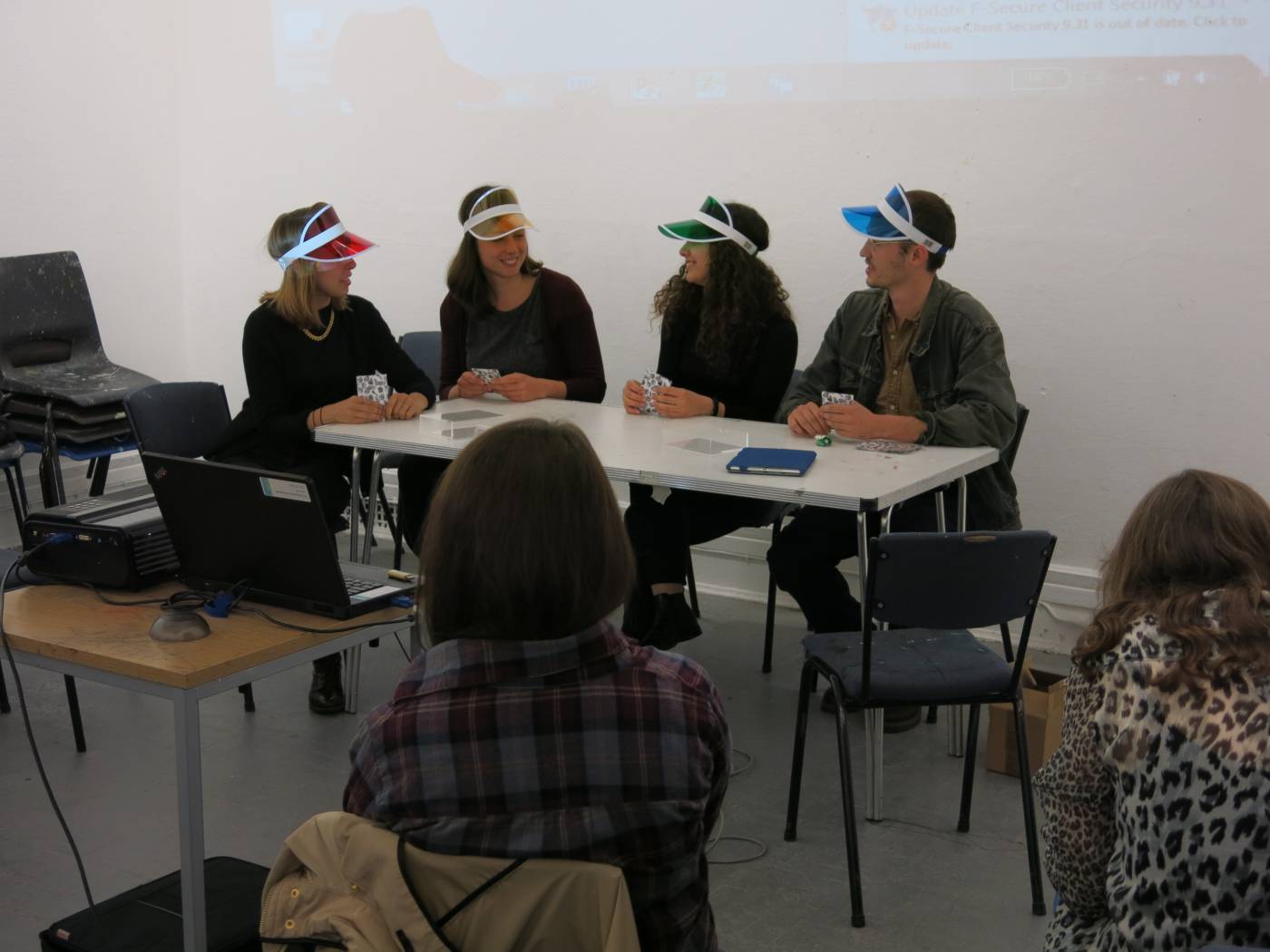
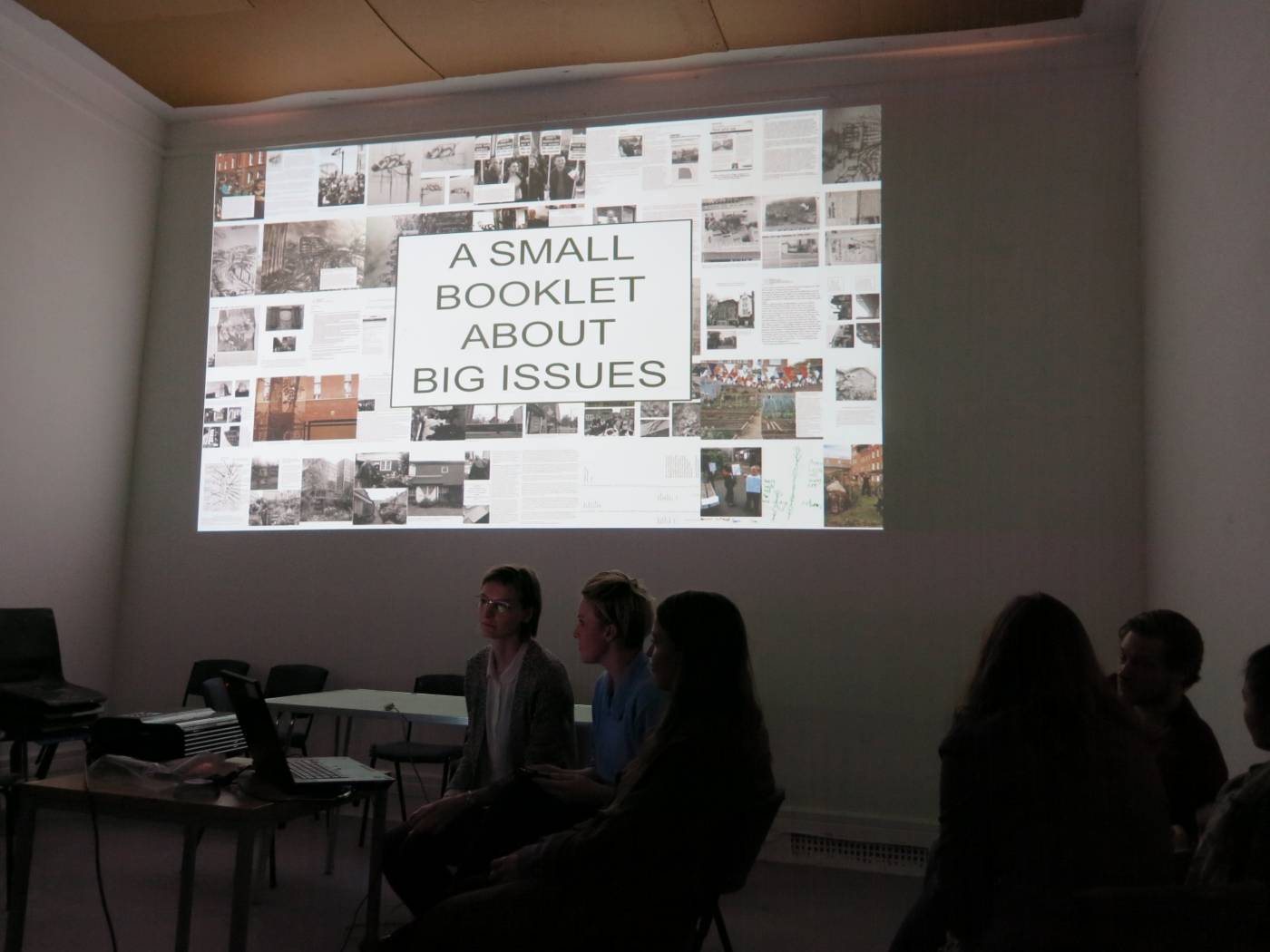


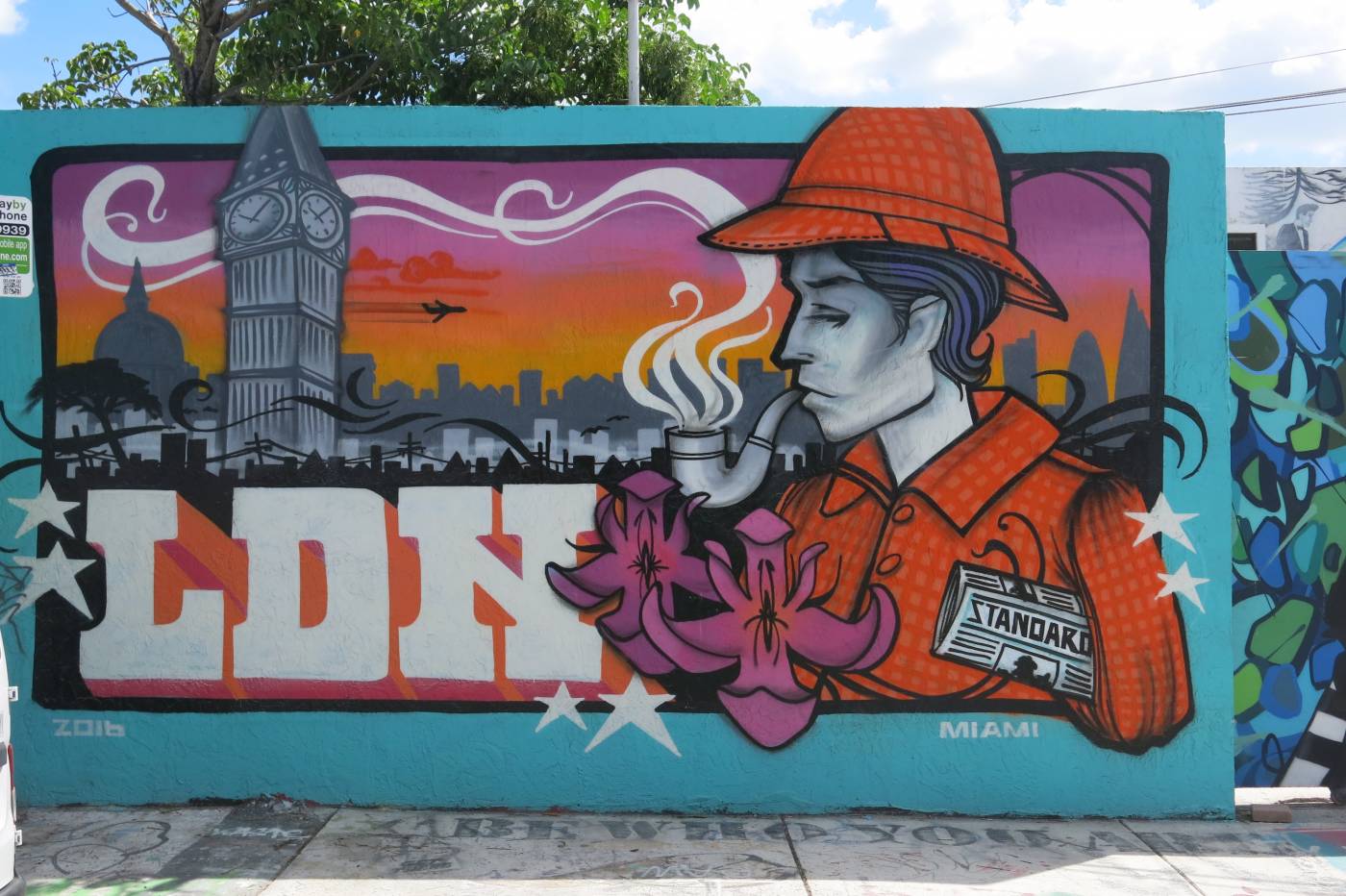
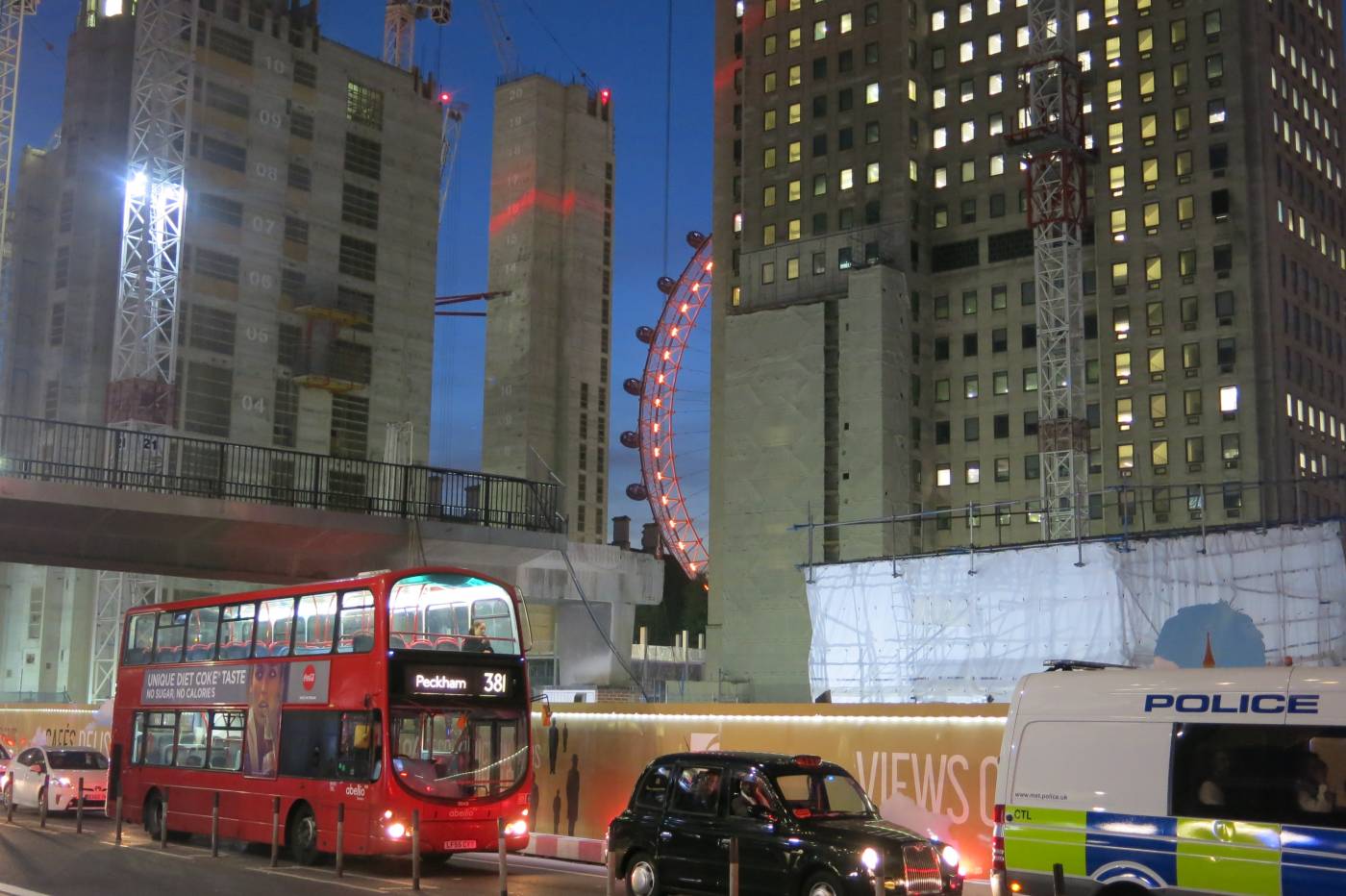
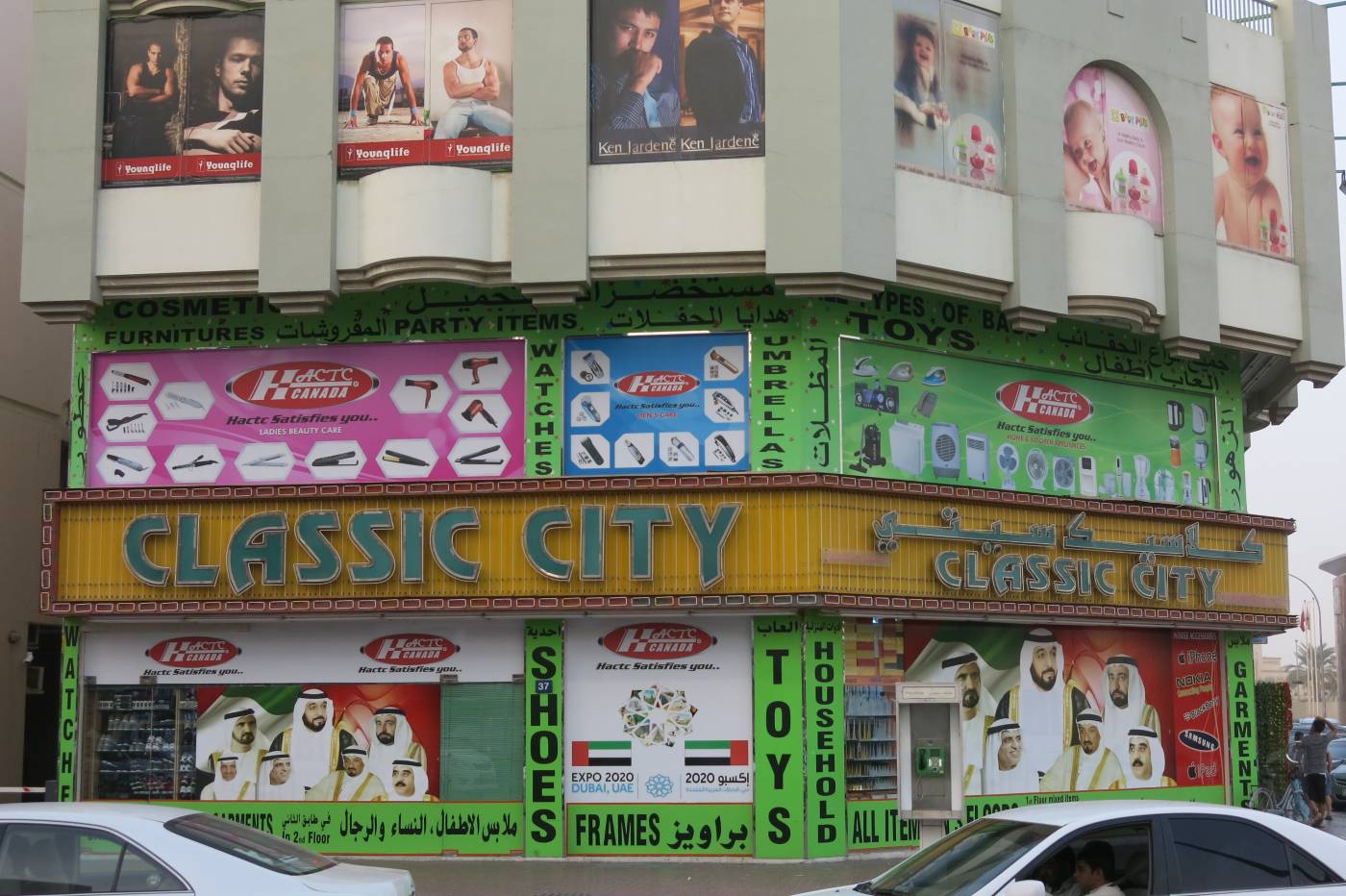

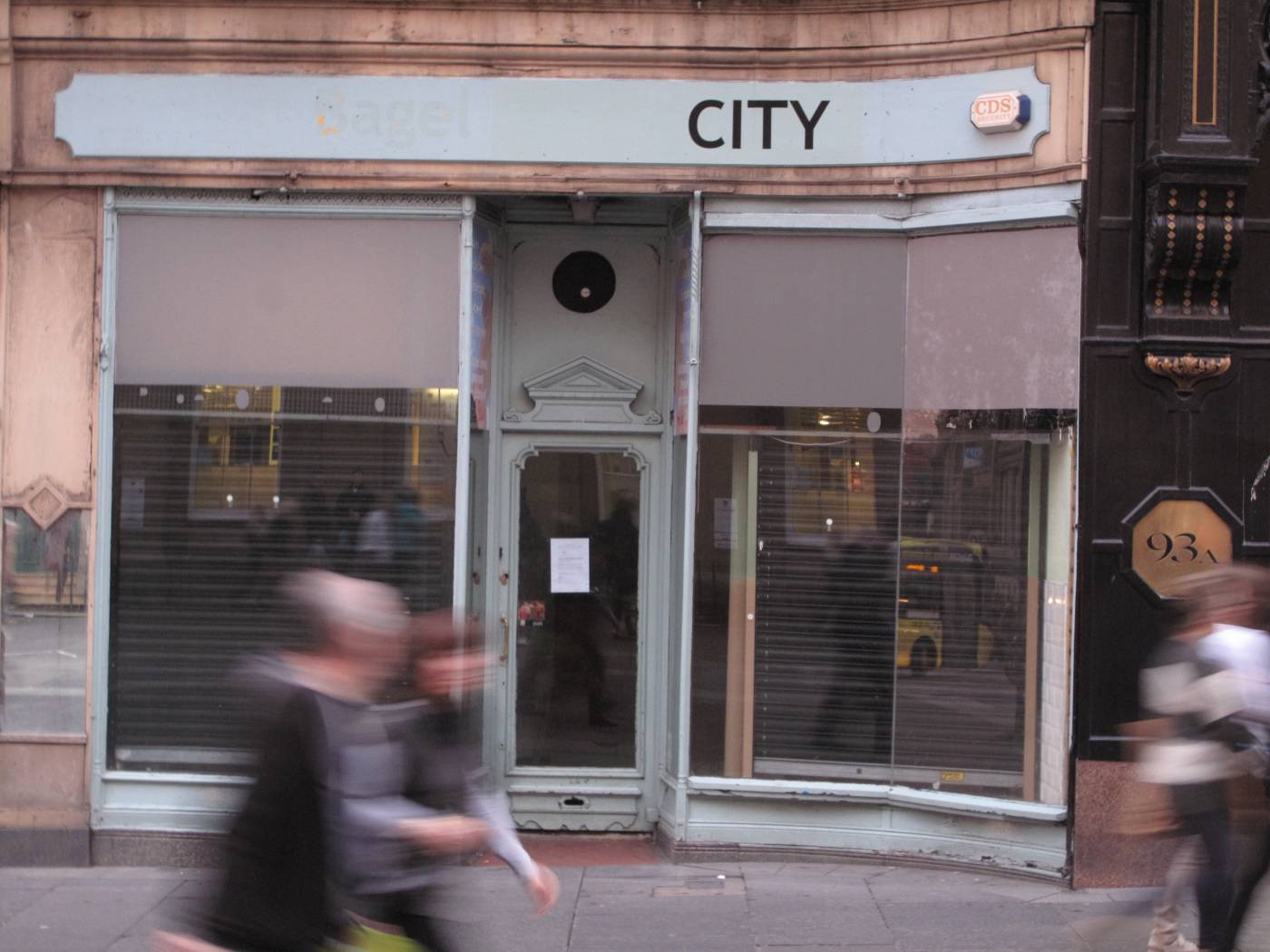
About
Cities are increasingly a central focus for research, policy-making and public debate. It has been widely claimed that more than half the global population now lives in cities and according to the United Nations this is set to rise to three-quarters by the year 2050.
The scale and complexity of these developments necessitate the development of innovative modes of analysis that can address critical challenges and influence debates both within and outside the academy. These range from rethinking urban regeneration, gentrification, public space and multiculturalism to large-scale challenges such as slums, poverty and access to basic services. They include engagement with the way cities are at the maelstrom of social, cultural and ecological change reflected in new conceptions of identity, collective memory and the technological transformations of everyday life.
By taking this MSc you will be better able to understand these debates and apply your own knowledge in the course of your career - whether this is geared towards further research and writing or through an enriched practical and professional contribution to the urban arena.
We attract students from a wide variety of disciplinary and geographical backgrounds, including a significant cohort of part-time students working in professional fields such as journalism, architecture, graphics design and transport planning.
Highlights
- Located in UCL's Bloomsbury campus, you will engage with the broad range of urban expertise associated with the UCL Urban Lab: from Geography to English and Engineering, from Urban Planning to the latest developments in Architectural History.
- You will think carefully and critically about the latest international, comparative and historically-informed perspectives on cities and urbanisation as part of the Global Urbanisms cluster in the Department of Geography
- You will use London as a key laboratory to introduce and explore a series of interconnected critical themes within Urban Studies.
- Tailor your cross-disciplinary learning to your own interests and enthusiasms with broad range of potential optional modules spanning many different UCL Departments.
- You will develop the knowledge and skills necessary for careers in academia, public and private research, and other commercial and professional fields where an advanced understanding of cities and urban change is required.
Compulsory modules
- Cities, Space and Power (term 1)
This course explores a series of themes on the exercise of power in the conception, design, use and governance of urban space. It focuses on the multiple ways, across the global North and South, in which power operates through discursive and non-discursive everyday practices, as well as formal state apparatuses and informal social networks. It explores issues including urban citizenship, the right to the city, urban social movements, the privatisation of public spaces, sexuality and the city, multi-culturalism and the politics of identity.
- Urban Imaginations (term 1)
This course provides an introduction to the different ways urban space is perceived, represented and experienced across a variety of contexts from architecture, engineering and digital technology to developments in literature, cinema, music and the visual arts. The course's multi-disciplinary scope and imaginative emphasis is used to encourage and develop reflection on the potential problems and critical possibilities for interdisciplinary learning and engagement in urban studies.
- Urban Practices (term 2)
This module explores and experiments with multiple ways in which urban issues, problems and experiences are identified and addressed in practice. A series of invited speakers lead seminars outlining and reflecting on the practices they adopt. Every year, we explore these concerns through a focus that connects to UCL Urban Lab annual themes and priority areas.
Recent themes
- 2022- Urban memory
- 2020-22: Emergency urbanism
- 2020: Urban waste and wastelands
- 2019: Vertical urbanisms
- 2018: The urban night
Optional modules
In addition to three core modules (each as 15 credits), optional modules totalling 75 credits are taken.
The programme offers a wide range of options drawing on the broad spectrum of urban expertise at UCL.
Please see the UCL Module Catalogue for further information about these modules including assessment details.
- London: Aspects of Change
This module uses contemporary London as a laboratory to introduce and explore a series of interconnected and interdisciplinary critical themes within urban studies. Reflecting on and developing ideas and perspectives from Ruth Glass's London: Aspects of Change (1964) and Patrick Keiller's film London (1994), it seeks to identify and investigate some of the main transformations London has undergone over the last sixty years. The focus ranges from socio-spatial dynamics of London's economy and housing markets, to new understandings of urban nature and notions of the multiethnic or multicultural city, to developments in London's architectural, literary and musical life. Throughout, the course emphasises the specific spaces, places and histories of London's metropolitan and suburban life, and the social, cultural and political landscapes that have shaped and fashioned the city.
- Creative Cities
This module explores how and why the idea of the creative city has come to play a key role in theorizing and planning contemporary urban development. We will consider different ways that culture has been conceived in understandings of recent urban change, and we will explore how a premium is increasingly placed on practices and activities associated with creativity in urban regeneration policies. An emphasis throughout will be placed on analyzing creative cities as distinctive social and political formations. Historical and contemporary examples will be investigated ranging from London, Paris and New York to Buenos Aires and Mumbai. This broad comparative frame combined with a wide interdisciplinary scope will enable new and important critical perspectives to be developed on the current role of creativity and culture in urban policy-making.
- Cities and Climate Change
The aim of this course is to draw on a variety of discourses from human and physical geography, introducing students to a wider, comprehensive understanding of the climate change discourse in the urban context. It also seeks to establish a working interface between the MSc programmes attached to the human and physical geography components within the department, encouraging students to cut across their disciplinary barriers to develop a more nuanced discussion related to the cities and climate change discourse. Key themes to be explored include: urban development and climate change, governance, representation of climate change, urban meteorology, the impacts of future climate change, etc.
Dissertation
The dissertation is a substantial piece of independent research. It comprises an argument drawn from the appropriate theoretical literature; a methodological design appropriate to the topic; presentation of results and analysis of findings. The dissertation is the final element of the MSc, and through the successful design, implementation and completion of the project, each student is required to demonstrate their understanding of the MSc themes, critical thinking and analysis, communication and presentation. Some previous titles.
Key information
Potential applicants are expected to have a first or upper second-class Honours degree in a relevant discipline from a UK university or an overseas qualification of an equivalent standard.
What we are looking for is not necessarily students from a particular academic route but those with the intellectual curiosity and enthusiasm for studying and researching cities and urban life across a broad array of disciplinary approaches.
Full time students take four modules (or 60 credits) in both term 1 (Sept-Dec) and term 2 (Jan-March), whereas part-time students usually take two modules in each term across two years. We also have the flexi-option which can be used to tailor module selection over 2-5 years.
Full entry requirements and tuition fee information can be found via the UCL Graduate Prospectus.
For a comprehensive list of the funding opportunities available at UCL, including funding relevant to your nationality, please visit the Scholarships and Funding section of the UCL website.
MSc Urban Studies is a central training programme for the Urban Studies, Transport and Architectural Space pathway of the UBEL ESRC DTP. For further information visit the UBEL and Bartlett pages. There are opportunities for 1+3 PhD awards including MSc Urban Studies study but you will need to develop a proposal by NOVEMBER before the intended start of study in September.
Careers
The Urban Studies MSc programme will improve the knowledge and skills necessary for careers in academia, public and private research, and other commercial and professional fields where an advanced understanding of cities and urban change is required.
Our graduates have found employment in, amongst other sectors, municipal and local government, urban political organisations, art consultancies, financial services, social enterprise companies, cultural institutions, community development organisations and think-tanks.
We have an impressive record of students continuing to undertake funded PhDs. This includes at UCL (in Geography, the Development Planning Unit, Planning, CASA and Architectural Design) as well as in Europe and North America (such as at the University of Zurich, the Open University, LSE, Cambridge University, King's College, Universidade do Porto, Harvard, Humboldt University Berlin, TU Berlin, Oxford University and University of Minnesota).
See our 2023 alumni newsletter here, the 2018 newsletter here and our 2015 one here. Our alumni twitter: @MScUrbanStudies and Instagram
See further information about student work and activities as well as testimonials
 Close
Close

